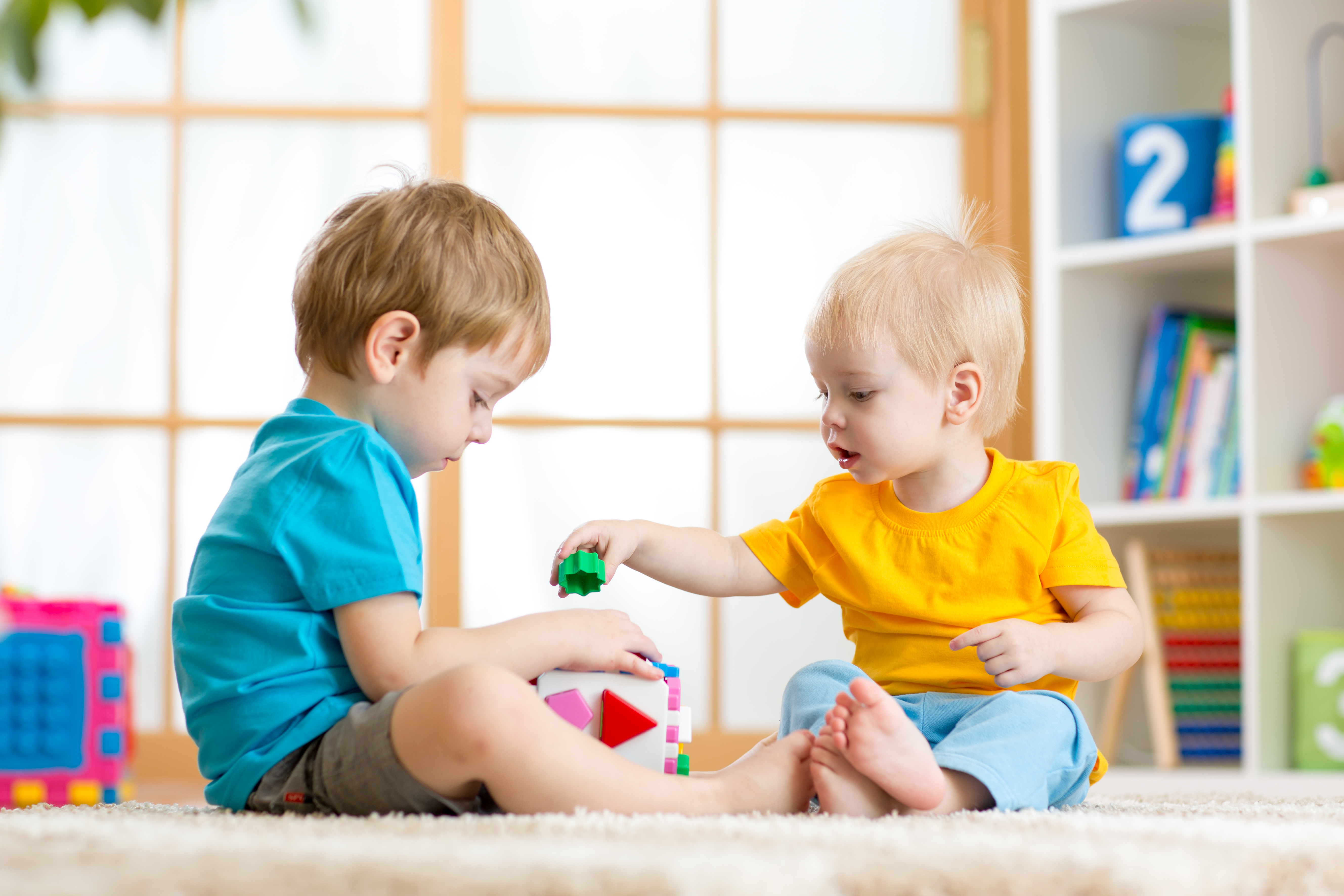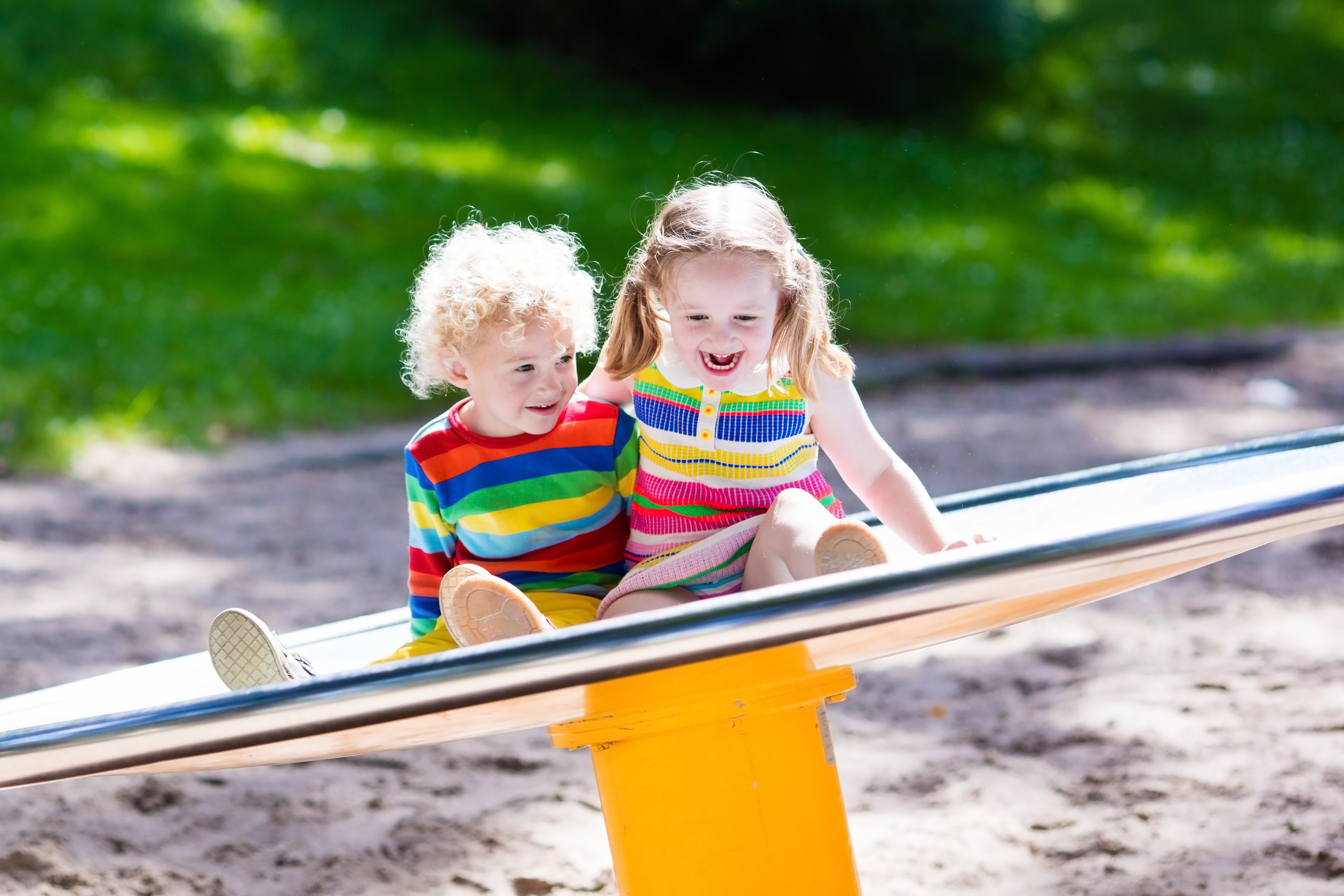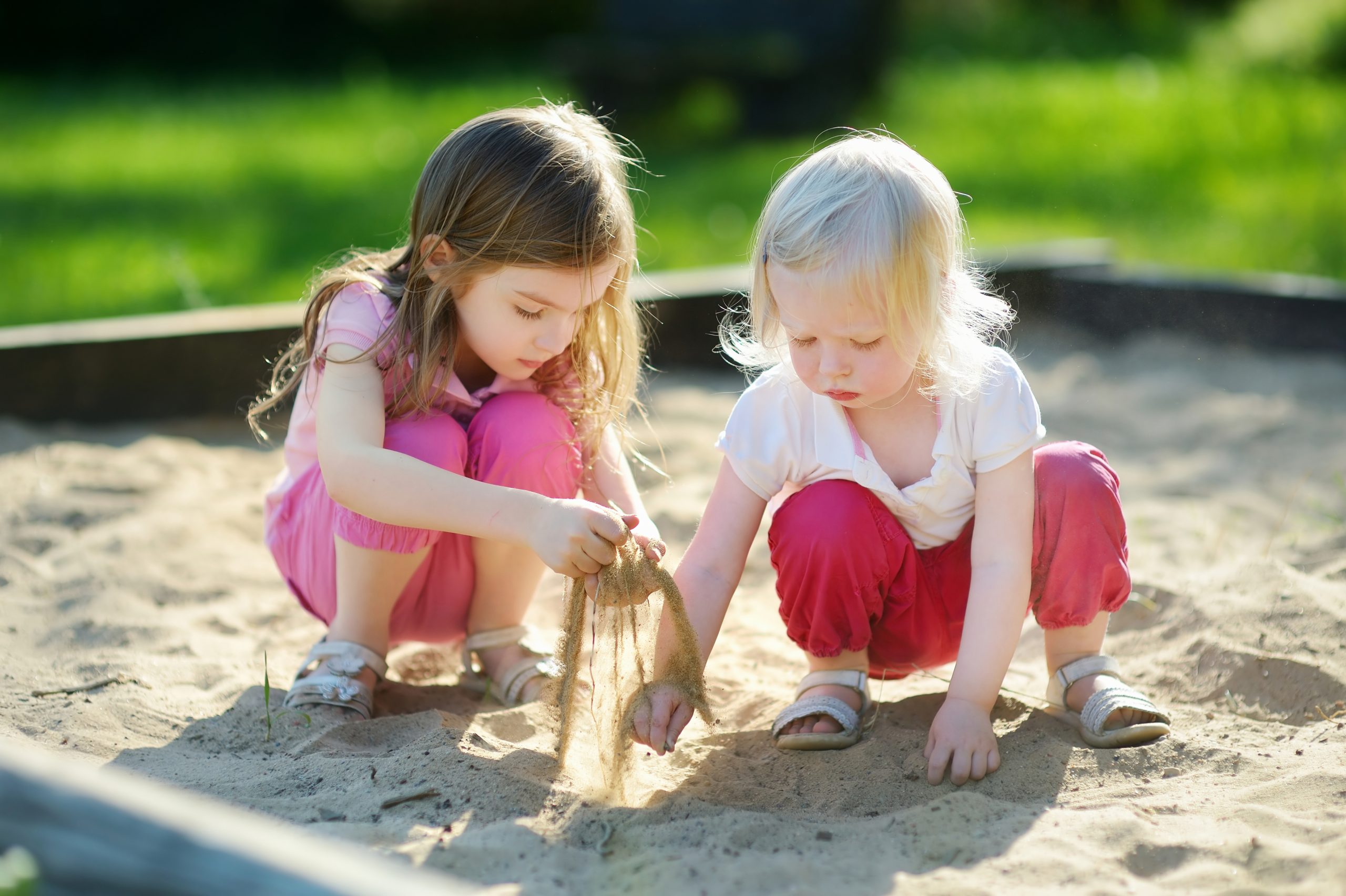From a one-man band to a mellifluous duet . The ABC of being social animals.
Somewhere amid the sleepless nights spent changing diapers, dancing like a clown, giving silly background voices to the various woven characters of imaginary and perfectly unreal stories, and mealtime negotiations, a child ‘grows up’. The most significant characteristic of growing up is that a child stops “crying” for attention, for now they “crave” an audience of other toddlers who would be even more attentive to their cute acts. Put in simpler terms, as a child grows up, they become more eager to mimic their parents, and in doing so, they seek a ‘social circle’, with concrete goals of expanding it over time.
This is the A-B-C’s of being a social species. We long for friends, we long for company. We desire social interaction as a child, and that desire multiplies as years get added to our calendar. The habit of being ‘social’, which stems from this desire, later comes in handy when social interaction becomes an almost inevitable part of living in a society. So, what can parents do to aid their child in ‘becoming social’?

Copyright: Oksana Kuzmina
From Planning a Family to Planning a Play-date
Arranging a child’s play (date) is no “child’s play”. But once a parent successfully accomplishes that, they might very well savour the benefits they reap as a result. Going on a playdate gives a child a chance to explore a new location with new stimuli (including a critter just their size and a bucket of new toys), which, in turn, can inspire them to enter the play zone and thereby loosen their grip on their parents.
Play dates can be good preparation for pre-school as well, since it’s always advisable to test the social waters. A child can gradually get their feet wet, rather than just plunging straight into the water. They’ll also experience their first (tough) lessons in how to share and take turns, two essentials for getting along in preschool (and in life). It would also inculcate in them the very basic social etiquettes of greetings and other formalities, like table manners, because children learn more when they observe, and, kids are fond of copying and competing to be better than one another.

Copyright: FamVeld
The other essential skills of accepting conflicting perspectives positively, being appreciative of what someone else has to offer, and being both receptive and reciprocative of affection and sympathy get imbued in a child’s personality as they get more and more exposed to their peer group. It also instills the qualities of a being a good team worker as sharing toys & deciding which games to play requires the ability to negotiate and cooperate. To eliminate the possibilities of parallel plays, a child would acquire the skills of problem-solving and conflict resolution. Knowing how to respond to critical situations from a very young age becomes helpful later in their lives when harsh realities hit, hard & fast. These functional skills combined together would allow a child to develop into a well-mannered and respectful adult.
“With Pros Come Probabilities”
Play dates look nice, right? But it might be a wise idea for parents to have a word with their child before letting them step outside the bounds of the comfortable & “safe” home. Teach a child the minimum standards of “safety” they should keep in view when playing at someone else’s home with fairly unfamiliar people around. One mother might teach her daughter that it’s never appropriate to play in bedrooms when at another person’s home. A father may teach his daughter that she’s never to be alone with a male, whether it’s a big brother or an adult, when playing at a friend’s home. A parent must also ensure that there’s an adult around most of the time to supervise the kids while they play. Different parents can have different sets of criteria as to how they measure their child’s safety outside the home. But being naive/indifferent or at least acting so, just out of the fear of being laughed off as an “overprotective” parent, should absolutely be avoided because your child’s security is both your priority and responsibility.
Give me time and space,
Freedom from rules and race,
Let me play and come back home with a smile on my face.

















